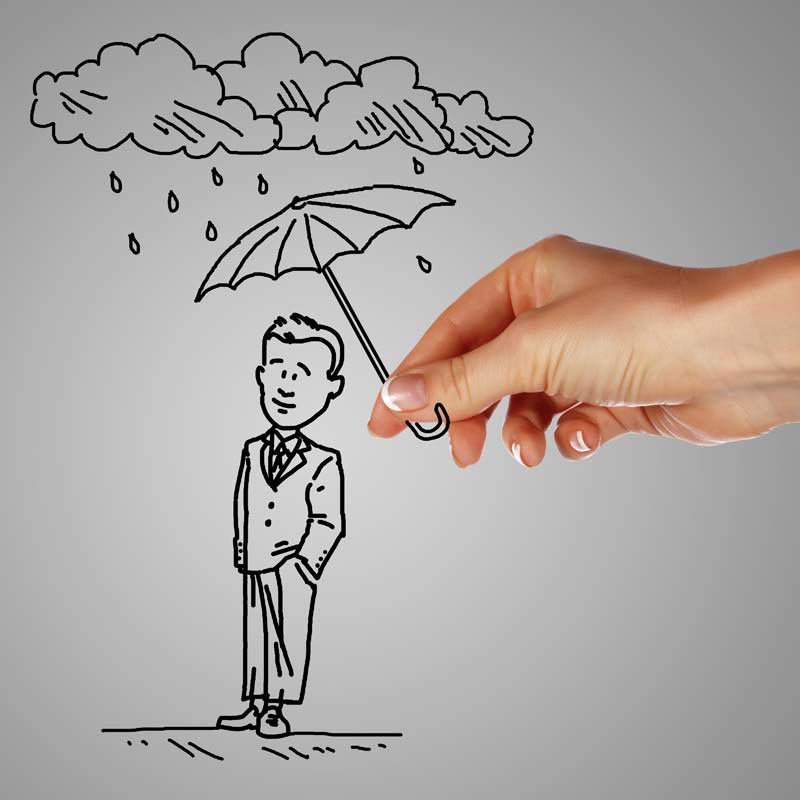Intense emotions after a car wreck, workplace accident, or other injury are inevitable, but they won’t help the situation, and in some cases, they can make matters worse.
Injured people often act on emotions as opposed to strategy. The good news is that even if you’re not a master of emotions, you can weather the storm by making a few simple choices.
Below, the attorneys at DeMayo Law Offices explore a few common scenarios and ways to overcome them. Here are three examples of how acting on emotion (as opposed to reason) can harm your potential injury case.
Anger
Here’s the situation: you’re furious at a company that marketed and distributed a dangerous toy that severely injured your 11-month-old baby.
Fueled by anger, you retain the first North Carolina injury lawyer you find. But just because you find a lawyer quickly doesn’t mean you’ve found the best attorney for the job. Your hastiness may result in an unsatisfactory settlement.
Angry decision makers often rely on generalities when processing information and rarely stop to consider alternative options before acting. Furthermore, their emotional experience may hinder their ability to view a situation objectively and rationally.
Conclusion: Don’t allow anger to compel you to make uninformed decisions. Finding a qualified attorney, for example, can dramatically increase your settlement.
For a free legal consultation, call (877) 333-1000
Depression
Here’s the situation: you’re tremendously depressed about your medical prognosis following a major car accident.
It’s human to feel depressed — even despondent — after a serious accident. But your depression can stop you from taking timely legal action.
If you wait too long to explore your legal options, evidence that might have supported your case could get lost, witnesses might forget what they witnessed, or you could run into trouble with North Carolina’s statutes of limitations.
Depression can be debilitating, but don’t let it stop you from seeking justice for you and your family. Taking small steps forward can sometimes help ease the pressure of more daunting tasks like pursuing compensation for medical bills.
Connecting with a qualified attorney will lighten the load further since he or she will manage the legal side of things so you can focus on recovery.
Conclusion: Don’t allow depression to prevent you from taking decisive action to protect your rights. A free consultation is a small step forward that can lead to great strides in recovery.
Greed
Here’s the situation: you’ve been injured by a wealthy corporation. If you win the case, the settlement could exceed hundreds of thousands of dollars, and that reward, in and of itself, excites you.
If you approach financial recovery with a greedy point of view — that is, trying to get every penny you possibly can — you set yourself up for disappointment and frustration, and you may even make poor decisions.
In a worst-case scenario, you may override the advice of a qualified attorney and push a tenuous case to trial, when you’d be far better off settling out of court. In doing so, you could stretch the case out for years or lose the claim altogether.
Conclusion: What you think you deserve and what’s possible may not be the same thing. Working with an attorney you trust can course correct expectations and keep you on a successful path.
Click to contact our personal injury lawyers today
Dealing with Emotions
Anger, depression, greed, these feelings are part of the human experience and it would be unrealistic to suggest that you shouldn’t experience them at all. We recommend that you exercise these feelings in a way that is healthy and won’t compromise your injury claim.
Here are some healthy (and helpful!) ways to deal with negative emotions:
- Get some rest — Sleep deprivation can exacerbate difficult emotions
- Keep a journal — Writing about your feelings and day-to-day activities is both therapeutic and useful, should you need to recall specific information applicable to your claim
- Reconnect with friends and family — You may feel compelled to discuss details of your accident or emotions on social media but doing so can compromise your claim. Instead, lean on friends and family in person or in private.
Click here to learn more about how social media can hurt your injury claim.
- Focus on recovery — Instead of focusing on negative feelings, distract yourself with the one thing you can control: getting better. This might include attending medical appointments, rehabilitation sessions, or improving your diet to maximize medical results.
Get more advice from DeMayo Law Offices: follow us on Twitter, ‘like’ us on Facebook, or check out our video library on YouTube.
Call or text (877) 333-1000 or complete a Free Case Evaluation form




